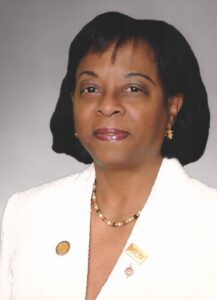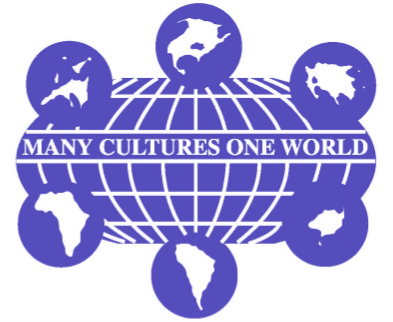
PROVIDING CULTURALLY SPECIFIC EDUCATION AND TRAINING TO NURSES IN LOW-RESOURCE COUNTRIES: THE CASE OF A NURSING SCHOOL IN HAITI
Low-resource countries have encountered difficulties in providing safe primary care to individuals, families, groups, communities, and populations. Nurses are at the forefront of providing care to these people.
Haiti, the second biggest island in the Caribbean basin, is one of the poorest countries in the Western hemisphere. By all health indicators, Haiti has seen and is still seeing its people affected and afflicted by health problems that plague the country’s well-being and health outcomes. Nailed with a high infant and maternal mortality rate and coupled with a low life expectancy, Haiti has demonstrated a need for healthcare professionals who can help reverse these health indicators. In addition, Haiti suffers from a lack of healthcare professionals who can act as agents of change in healthcare practices. The earthquake of 2010 and 2020 have highlighted the disparities in health care as compared to other low-resource countries in the region. We believe that Nurses can make a difference in the health of the people of Haiti.
Educating and training nurses who can help improve the health outcomes of the people of Haiti is one way to help reverse these statistics. In 2005, under the auspices of the Université Episcopale d’Haiti, the Faculté des Sciences Infirmières de L’Université Episcopale d’Haiti was instituted as the first baccalaureate nursing school in the country. Its mission is to offer a professional program of study in nursing science to prepare its graduates for effective healthcare service as clinicians, leaders, and agents of change. As of 2020, FSIL has provided education and training to 225 BSNs and 16 family health nurse practitioners. As of September 2022, FSIL will graduate 50 additional nurses with a baccalaureate degree and 13 nurse practitioners with a combined master’s degree in nurse-midwifery and family nursing practice. This is in spite of a hiatus in functioning due to the challenges imposed by the COVID-19 epidemy. With the assistance of the Haiti Nursing Foundation, a benevolent organization, and the Medical Benevolence Foundation, and the support of dedicated nurses from the US, FISL has instituted its first master's in nursing science program which is demonstrating to be a very promising pursuit in education and training.
The graduates of the master of nursing science program will be equipped to provide culturally competent care through the acquisition of knowledge, skills, and the practice of advocacy.
Sincerely,
Monique Germain, MS, RN, CNE, CTN-A, President-Elect, Transcultural Nursing Society
Dr. Jessie M. Colin, Professor Emerita, Barry University
